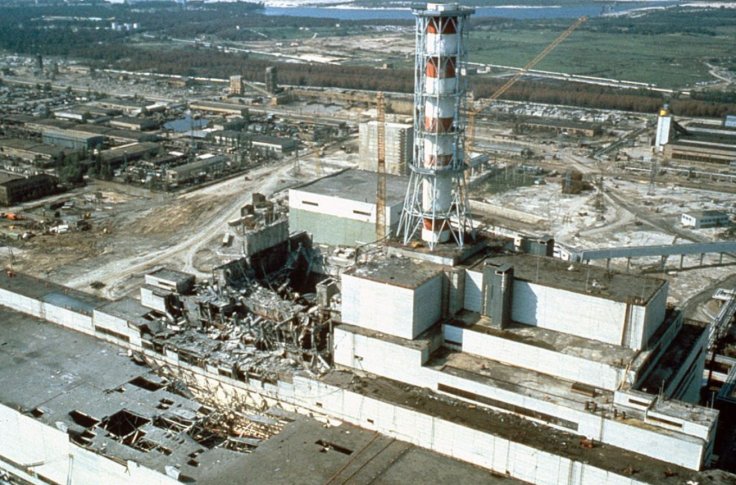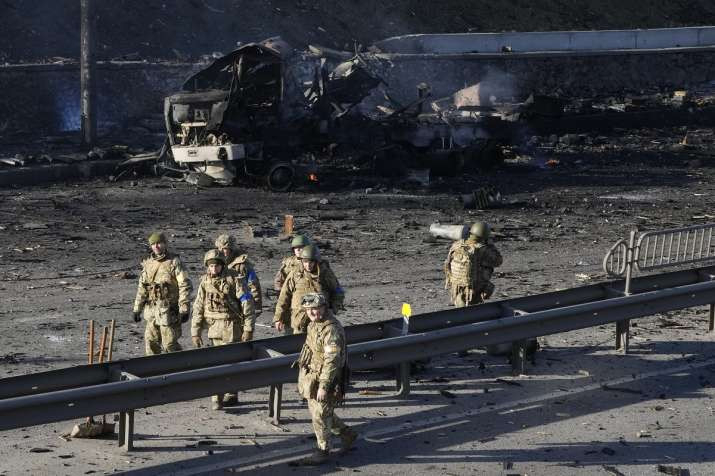The Russian troops are believed to have been poisoned with radioactive dust when they had attacked the Chernobyl nuclear plant last month and seized the site. But the troops were unaware of precautions that were required to be followed while being near the radioactive site.
Currently, the troops have left the site and fled away. Russia had seized the site nearly in February and Ukraine had warned that people living nearby could be exposed to the site as Russian troops were not exercising precautions.

Trucks Kicked Up Toxic Dust
The control is handed back to the hands of the Ukrainian authorities. It's believed that Russian troops suffered radiation poisoning after kicking up toxic dust. Russian military trucks convoys allegedly kicked up radioactive dust, which resulted in the spread of toxic isotopes in the air.
Energoatom, Ukraine's state power company, had said that Russian troops suffered radiation poisoning "very quickly" after digging trenches in the ground surrounding the site of the 1986 meltdown, reported Fortune.
Chernobyl nuclear power plant fell to Russian troops a day after Putin launched the Ukraine invasion. They were controlling the plant but they had allowed the Ukrainian personnel to continue their managing operations at the Chernobyl plant.

IAEA Confirming Reports
Meanwhile, the International Atomic Energy Association maintained that they are yet to confirm the reports that Russian troops received high doses of radiation poisoning while being near the site. The nuke watchdog is also planning to send a support mission to the Chernobyl plant to figure out the damages to the site and the reactors' condition.
The Russian military's exodus from the plant shall give some relief to Ukrainian staff at the site as they were unable to rotate shifts under Russian control. Previously, the staff at the site used to rotate shifts on a periodic basis but since Russian troops gain control over the site the staff deployed in the so-called dead zone could not rotate for the past three weeks.








